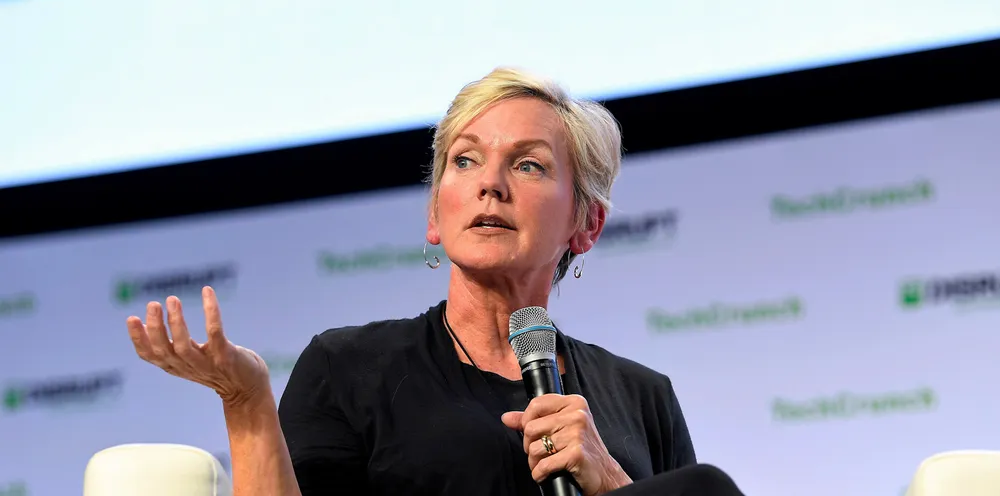Biden poised to pick renewables advocate Jennifer Granholm as US energy secretary
Former Michigan governor to be nominated by president-elect to lead DOE, US media reports, as Gina McCarthy hired to oversee climate policy

Former Michigan governor to be nominated by president-elect to lead DOE, US media reports, as Gina McCarthy hired to oversee climate policy
